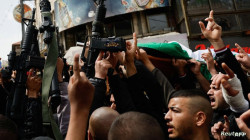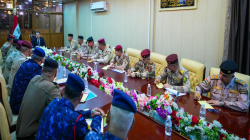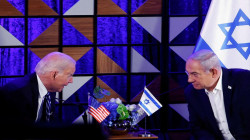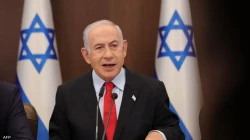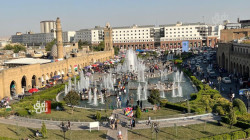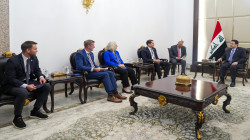Acute debate in Lebanon, anticipation in Iraq, amid Iranian plane crisis
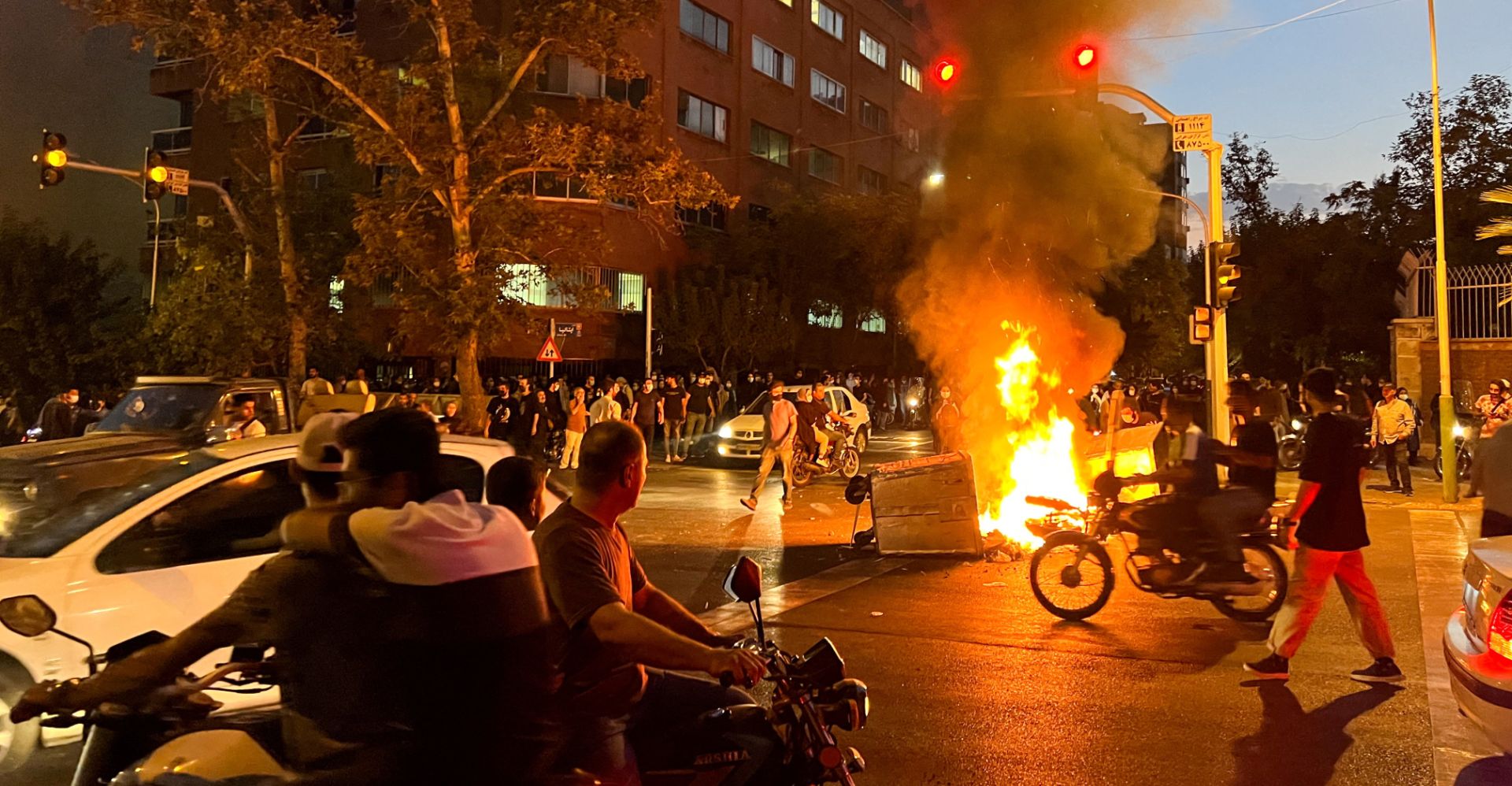
Shafaq News/ Tensions continue to escalate regionally, particularly in Lebanon and Palestine, with varying positions from different factions and actors, as Israel attempts to impose new equations on the ground. The latest tensions in Lebanon reflect this dynamic, especially after the Lebanese government decided to halt flights between Beirut and Tehran until further notice.
Lebanon's Internal Tensions
The Lebanese authorities decided to suspend the reception of Iranian flights into Lebanon until further notice. The decision not to allow an Iranian plane carrying Lebanese passengers to land at Beirut’s airport sparked widespread protests by Hezbollah supporters, who condemned the Lebanese authorities' compliance with US and Israeli orders.
Hezbollah’s Secretary-General, Naeem Qassem, called on the Lebanese government to reconsider its decision, describing it as "an execution of Israeli orders." Qassem claimed that Israel had warned that it would target the airport if the Iranian plane was allowed to land.
This decision followed Israeli warnings, with the Israeli military alleging that the Iranian Quds Force and Hezbollah were using civilian flights to smuggle funds for weaponry. Israel confirmed that it would not allow Hezbollah to arm itself and would take all necessary measures to prevent this.
Lebanese military and strategic analyst, retired Brigadier General Said Al-Qazah, explained that the prevention of the Iranian plane was part of US commitments to Israel to prevent funds from reaching Hezbollah, a commitment that the Lebanese government adhered to.
He noted that Iran had previously financed Hezbollah through overland routes via Iraq and Syria to Lebanon, but with the collapse of the Syrian regime, this supply route was cut off, prompting Iran to resort to air routes, which Israel is now seeking to block.
Al-Qazah added that "Israel has threatened to target any plane carrying funds for Hezbollah, even bombing Beirut Airport," which led Lebanese authorities to stop the Iranian plane from landing.
Iran's Retaliatory Actions
In an attempt to de-escalate, the Lebanese government sent two Lebanese airliners to transport Lebanese citizens stranded in Iran, but Tehran rejected their landing, which Al-Qazah considered "an Iranian attempt to incite unrest and pressure the Lebanese government."
He pointed out that Iran’s influence in Lebanon has been facing setbacks, including military losses, halted supply routes to Hezbollah, and political losses following the election of a president and prime minister who are not aligned with Hezbollah and the Amal movement.
Al-Qazah dismissed the possibility of a renewed war between Hezbollah and Israel, stating that Israel "has achieved its goals by destroying Hezbollah’s capabilities and pushing it away from its borders."
He believed Hezbollah "will not risk starting a new war," especially after the large-scale displacement of southern Lebanese residents, who are "angry at the party due to the aftermath of the last confrontation."
Hezbollah's Strategic Caution
Lebanese political analyst George Al-Akouri shared this view, noting that Hezbollah is not as it was before the Gaza war on October 7, 2023, when its military and financial capabilities were significantly weakened.
In an interview with Shafaq News, Al-Akouri explained that the party is now promoting a discourse of "strategic patience" and "avoiding putting Lebanon at risk." However, he pointed out that the party did not consult the Lebanese state when opening the front on October 8, 2023.
Al-Akouri emphasized that the new Lebanese government must focus on securing stability by committing to a ceasefire, adhering to international resolutions, and ensuring the state retains a monopoly on arms, as outlined in the new president's speech.
He also expressed optimism that "Lebanon has a historic opportunity to rid itself of Iranian influence and the Resistance Axis," linking this to international changes, including the potential return of Donald Trump to the White House, which is expected to take a tough stance on Iran and its allies.
Al-Akouri concluded by urging Lebanon to strengthen its internal unity, integrate further within the Arab League, and benefit from support from friendly countries “to avoid any negative repercussions in the future."
What About Iraq?
Salam Al-Jazaeri, a member of the political bureau of the Iraqi movement Asa'ib Ahl Al-Haq, told Shafaq News that the developments in the region, especially in Lebanon are "not far from the Axis of Resistance." However, he noted that the position of Iraqi factions depends on the Iraqi government, while Hezbollah's stance is determined by the requests of the Lebanese.
Al-Jazaeri emphasized that Iraqi factions have become an integral part of Iraq’s security framework, with continuous coordination between them and the government, meaning any future actions will depend on the official stance of the Iraqi state.
Warning that war today only serves Israel’s interests, he stressed that "the Iraqi government is not far from helping Lebanon, as it has done in the past."
He concluded by stating that the religious authority in Iraq aims to keep the region away from wars, a goal "adhered to by the Iraqi state and armed factions."
